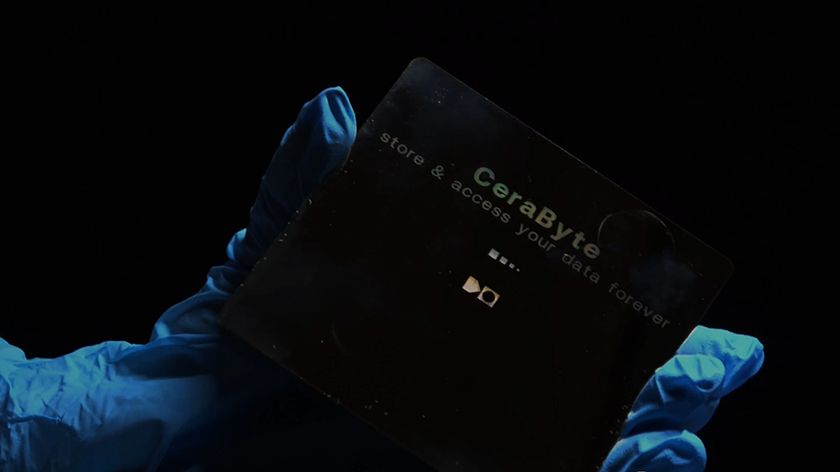TechRadar: The ELSPA interview
Paul Jackson on the Byron Review and the future of age-ratings
The second area of concern is about ‘future-proofing’. We know that our industry is going online and we know that the methodologies used with PEGI allow complete flexibility, because it is generated from within the industry. Every product has got a product manager, so every product can be self-assessed. And then the checks and balances that are so important come into play after that.
With the BBFC system that has been developed since the 1930s it is based around individual censors reviewing each and every product. Now what does that mean in a world where there are perhaps a million online elements a year which need to be classified? I don’t know? That is where we need to make sure that we understand how the BBFC would be capable of delivering against that remit.
TechRadar: The BBFC told TechRadar recently that it was more than happy and confident to take on what it estimates to be an extra three to five hundred games a year.
Paul Jackson: Yes, and at the level of three-to-five hundred, who would question that? The question really is – ‘what happens in that online space?’
As the industry goes online over the next three to ten years what we don’t want to do, including the BBFC, I’m sure – and this is why we keep talking about ‘future proofing’ – is we don’t want to invest in a system that effectively becomes redundant over the few years’ time.
TechRadar: Why would it become redundant?
Paul Jackson: Well if – and there are many ‘ifs’ in this which is why we want to work with government and with the BBFC over the next 18 months – for instance, one scenario is that the games industry moves almost exclusively online and then the products that we are selling, many of those products fragment… So, ‘The Sims’ would be a good example here.
Get daily insight, inspiration and deals in your inbox
Sign up for breaking news, reviews, opinion, top tech deals, and more.
If you look at ‘The Sims’ as a product, it’s a £30 purchase at the point of display - and then just look at the number of items that are already available to purchase online for ‘The Sims’. Every one of those in future will need to be referenced and classified. How will that be done?
Those are the areas of concern we have got, because we are certainly not talking five to six hundred ‘elements’ per year over the next ten years. We’re talking about hundreds of thousands, millions, who knows?
We’ve tried to word our concern very clearly. We are concerned because we don’t understand how that is going to work. And if it doesn’t work, if we’ve not ‘future proofed’ then we just have a system that’s going to last us the next three years. Which is not what any of us want.
TechRadar: Do you think Tanya Byron’s recommendations were based to some extent on the fact that the BBFC’s symbols are more widely recognised that PEGI symbols?
Paul Jackson: Awareness was at the heart of Tanya Byron’s concern, relating to how the classifications are used. That reflects on how well known the different symbols are. And if that’s the case, what she is saying is that the BBFC symbols themselves are more well-known. And as those BBFC symbols have been around 30 or more years, then I can understand where she is coming from.
TechRadar: Another key recommendation in the review was this idea of a marketing campaign to educate parents about games ratings.
Paul Jackson: Yes. That’s right.
TechRadar: The big question being – how will such a campaign be funded and put into place?












